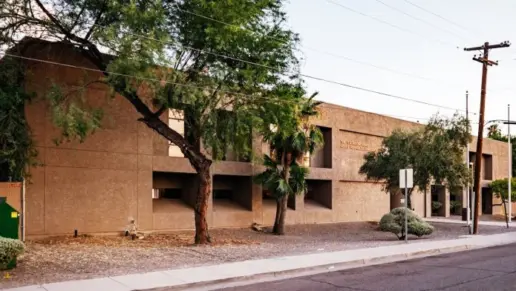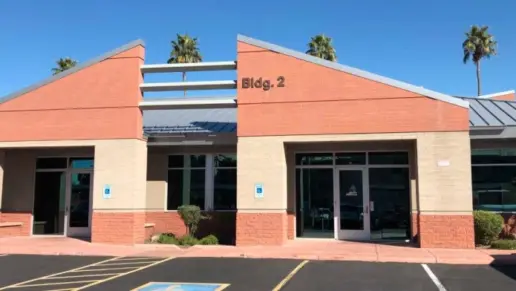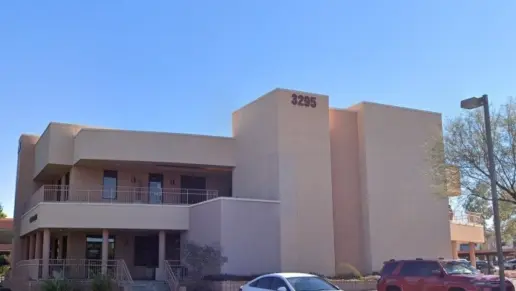About Buena Vista Health and Recovery Centers
Buena Vista Health and Recovery Centers in Tucson, Arizona, has multiple levels of care for those seeking recovery from substance abuse and addiction. Medical detoxification, residential treatment, intensive outpatient and outpatient programs are available for adults who are struggling with all stages of addiction.
Medical detox is a safe method of going through withdrawal without suffering from all the adverse effects of the process. Patients are monitored by medical staff, and interventions are applied to help minimize the symptoms. Detox usually lasts somewhere between two and 10 days depending on the situation, client and addiction.
A 28 day inpatient residential program is usually the next step after detox. This program helps residents get to the core reasons they turn to substances and allows them to work on healing the pain and developing the coping skills to beat their addiction and start their journey to a healthy and sober life.
Intensive outpatient programs (IOP) are the next level of care between inpatient residential and traditional outpatient treatment. The IOP treatment plan has clients meet three times a week to gain the support they need while still engaged in their community and life outside of treatment. There are also options to attend intensive outpatient treatment through virtual options depending on the situation and client’s needs.
The final step is outpatient treatment which is there to provide resources and support as clients return to their life with their new commitment to a healthy and sober life. The skills they have learned through all the stages of treatment can now be implemented in their daily lives. They can build a life free from addiction with the support of peers and professionals who understand it is a daily quest to live the best quality of life possible without using drugs, alcohol, or other addictions.
Buena Vista Health and Recovery Centers accepts most insurance plans, and most treatment programs are at least partly covered. It is vital that you connect with your personal health insurance provider to verify what coverage you have and whether you have any financial obligations related to the treatment costs.
Latest Reviews
Rehab Score
Gallery
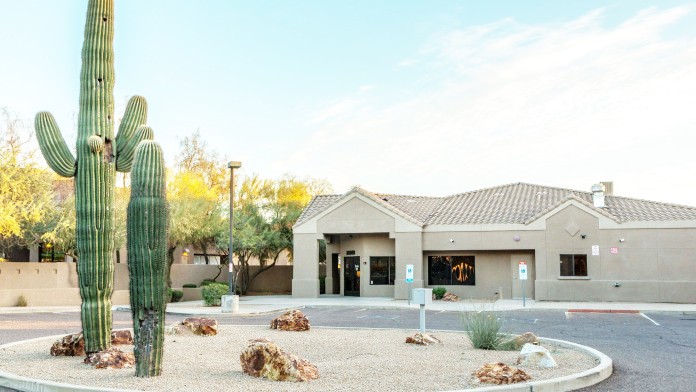
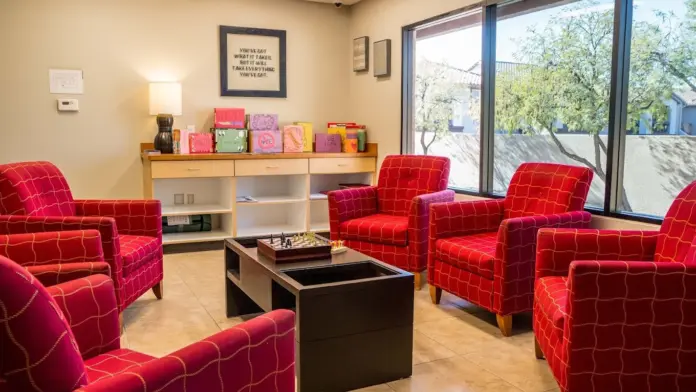
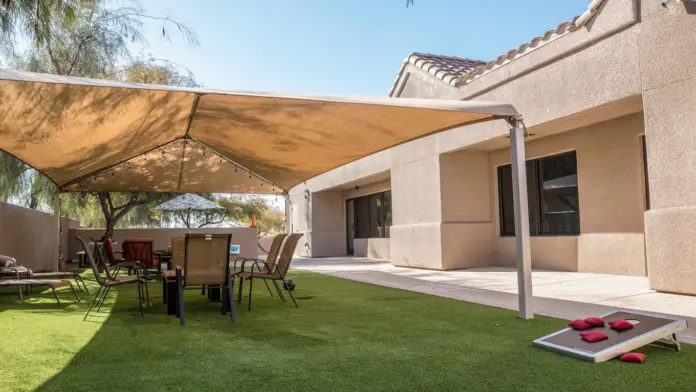
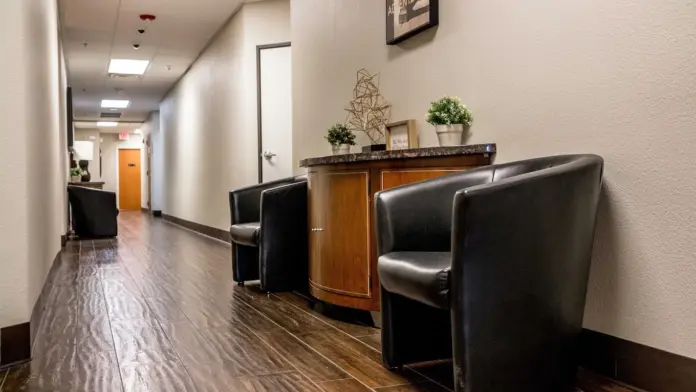
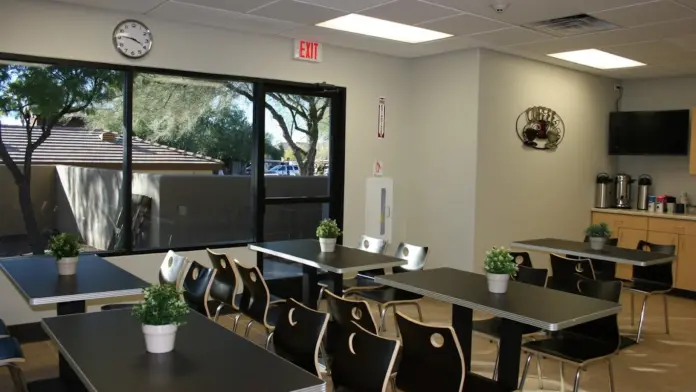
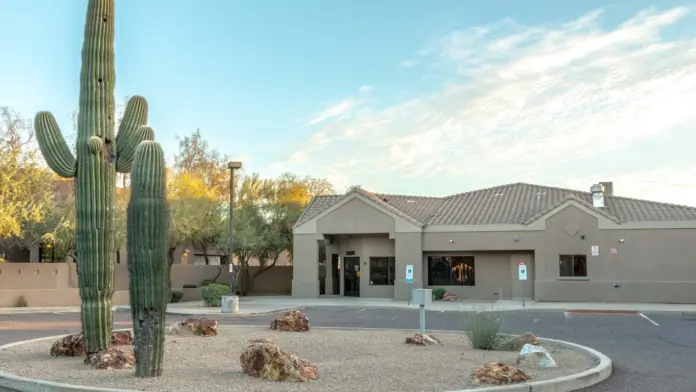
Location
Accepted Insurance
Other Forms of Payment
Private insurance refers to any kind of healthcare coverage that isn't from the state or federal government. This includes individual and family plans offered by an employer or purchased from the Insurance Marketplace. Every plan will have different requirements and out of pocket costs so be sure to get the full details before you start treatment.
Self-pay involves paying for treatment out of your own pocket. You can use savings or credit, get a personal loan, or receive help from family and friends to fund your treatment. If you don't have insurance or your insurance plan doesn't cover a specific program, self-pay can help ensure you still get the care you need.
Financial aid can take many forms. Centers may have grants or scholarships available to clients who meet eligibility requirements. Programs that receive SAMHSA grants may have financial aid available for those who need treatment as well. Grants and scholarships can help you pai for treatment without having to repay.
Military members, veterans, and eligible dependents have access to specific insurance programs that help them get the care they need. TRICARE and VA insurance can help you access low cost or no cost addiction and mental health treatment. Programs that accept military insurance often have targeted treatment focused on the unique challenges military members, veterans, and their families face.
Addiction Treatments
Levels of Care
Treatments
Substance rehabs focus on helping individuals recover from substance abuse, including alcohol and drug addiction (both illegal and prescription drugs). They often include the opportunity to engage in both individual as well as group therapy.
Programs



Clinical Services
Also known as CBT, cognitive behavioral therapy in Arizona is one of the most common types of psychotherapy. It offers a structured method of counseling that effectively treats substance use disorder and dual diagnosis disorders.
Dialectical behavior therapy in Arizona focuses on acceptance of your reality and behaviors while also attempting to make changes in unhealthy behaviors. It has been shown to be effective for the treatment of anxiety, depression, PTSD, and substance use disorder.
In Arizona, group therapy helps promote accountability and motivation for men and women who want to stay committed to addiction recovery. It fosters a sense of community where you can share your progress and learn new coping strategies from your peers.
Individual therapy for drug and alcohol addiction includes focused attention on the unique challenges that trigger addictive behavior. During individual therapy sessions, you have a safe space in which to discuss stressors and emotional struggles. Therapy fosters trust and open communication that helps develop personalized strategies to overcome addiction.
The goal of motivational interviewing in Arizona is to enhance your confidence in your ability to make changes in your life. It encourages you to commit to change and plan for the process of making those changes that will allow you to reach your goals.
Trauma therapy focuses on helping you understand and manage emotional and physical responses to past trauma. Using therapeutic interventions, you learn to reframe the experience. This helps reduce your anxiety and gives you greater control over your life.
Residents of Arizona who are experiencing relationship problems may benefit from couples therapy. This form of psychotherapy helps couples express their feelings, resolve conflicts, and increase intimacy and affection.
Family therapy involves sessions where members of the family discuss how addiction has affected them individually and collectively. Therapists can guide families in developing coping strategies that help support their loved one's recovery while also focusing on their own emotional health.
Developing life skills is an important piece of addiction recovery treatment. These skills help you succeed in day to day tasks and live a healthy, independent life. They include communication, critical thinking, problem solving, self control, and resilience.
Amenities
-
Residential Setting
-
Private Rooms
Accreditations

State Licenses are permits issued by government agencies that allow rehab organizations to conduct business legally within a certain geographical area. Typically, the kind of program a rehab facility offers, along with its physical location, determines which licenses are required to operate legally.
State License: Arizona

The Joint Commission, formerly known as JCAHO, is a nonprofit organization that accredits rehab organizations and programs. Founded in 1951, the Joint Commision's mission is to improve the quality of patient care and demonstrating the quality of patient care.
Joint Commission Accreditation: Yes
Contact Information
29858 North Tatum Boulevard
Cave Creek, AZ 85331












